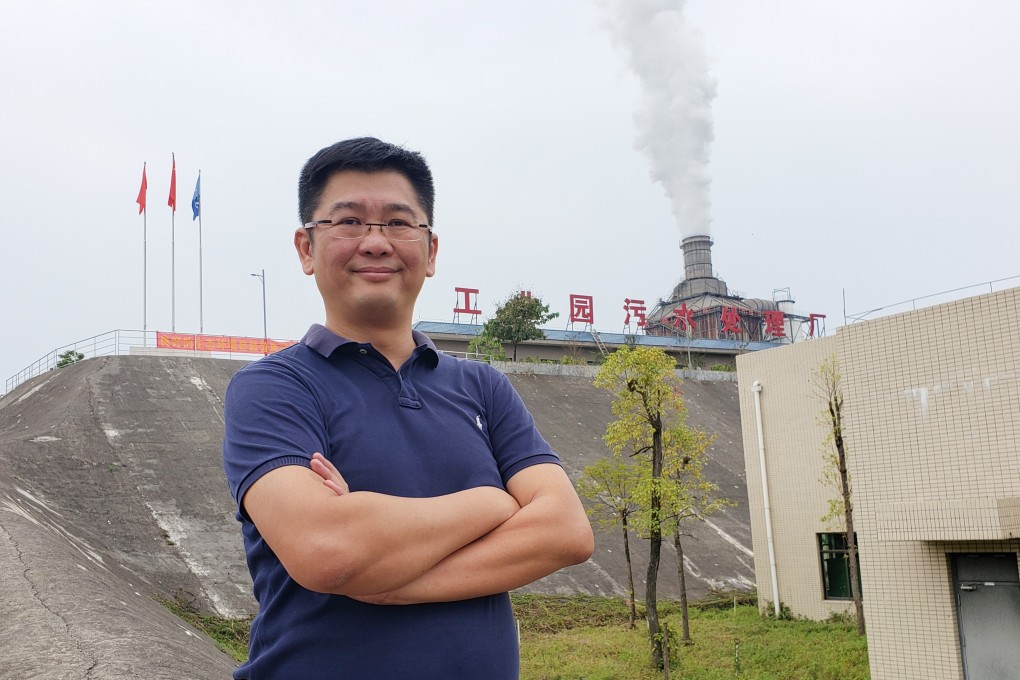Hong Kong entrepreneur provides template for start-ups to think big and succeed in Greater Bay Area
- A start-up’s experience shows how the Greater Bay Area can help businesses overcome two hurdles in Hong Kong – high land and labour costs
- Local city governments are also helping start-ups with incentives such as cheap or free land to set up businesses

He was quick to grab the opportunity offered by the bay area project launched by Beijing that year. The scheme, connecting nine cities in China’s Guangdong province with Hong Kong and Macau, coupled with policies to foster movement of talent and investment and robust transport infrastructure, was meant to spearhead growth and innovation in the nation’s traditional manufacturing and innovation hub.
The masterplan has helped Hong Kong businessmen like Yip and hundreds of start-ups to set up across the border. Yip’s Zhaoqing Fuying Sewage Treatment Company in Huaiji Guangfozhao Industrial Zone covers 440,000 square feet and employs 20 workers. The plant treats effluents from manufacturing facilities in the zone, before releasing the treated water into a river.
“I would not have been able to set up such a factory in Hong Kong,” said Yip, who expects to break even on his HK$60 million (US$7.7 million) investment in the next two years. He added that to find such a big piece of land in Hong Kong and that too for a fraction of the cost would have been impossible.